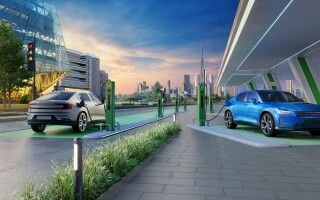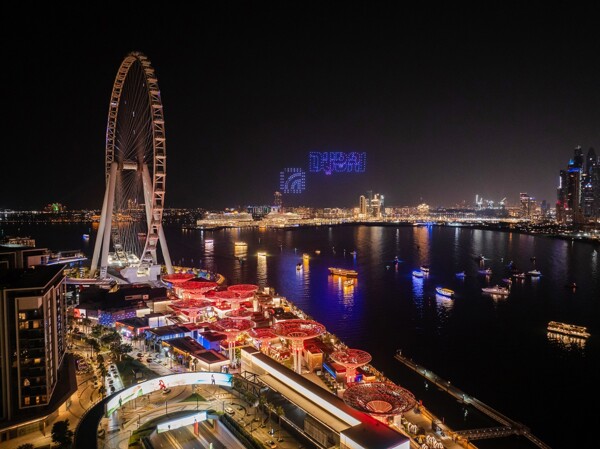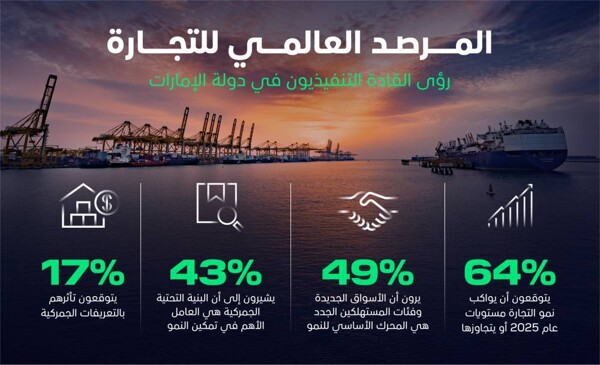
As part of the development of infrastructure for charging stations for electric vehicles in Dubai, a new regulatory framework has been developed, designed to meet current and future needs and ensuring stable leadership of the emirate in the field of green mobility.
The described framework includes two directions. The first of them is Dubai's electric and water utility company, and its subsidiaries, which are developing infrastructure for public charging stations. The second direction enables licensed operators of independent charging stations to develop infrastructure in accordance with obligations for the accelerated integration of electric vehicles and the stimulation of private sector participation in the expansion of green mobility.
DEWA (Dubai Electric and Water Authority) has provided a complete regulatory framework and a licensing system for the development and operation of the charging infrastructure for electric vehicles throughout the Dubai emirate. During the transition period, independent charging station operators may provide electric vehicle charging services free of charge.
DEWA offers two types of licenses: one for operators of public charging stations that provide charging services for free, and the other for operators of public paid charging stations.
Speaking about the new introductions, the implementing director of DEWA Said Mohammed al-Tayer noted: "In line with the national electric mobility policy, the regulatory framework for the infrastructure of charging stations for electric vehicles supports the growth of public charging stations in Dubai. The new regulatory framework strengthens our leadership as the first operator of public electric vehicle infrastructure in the region, including over 740 charging points."
This step strengthens the ongoing efforts to stimulate sustainable mobility and achieve the strategic goals of the emirate in the field of sustainability, air quality, reducing emissions of carbon gases, strategic goals for carbon neutrality by 2050, and the green mobility strategy of Dubai by 2030.














